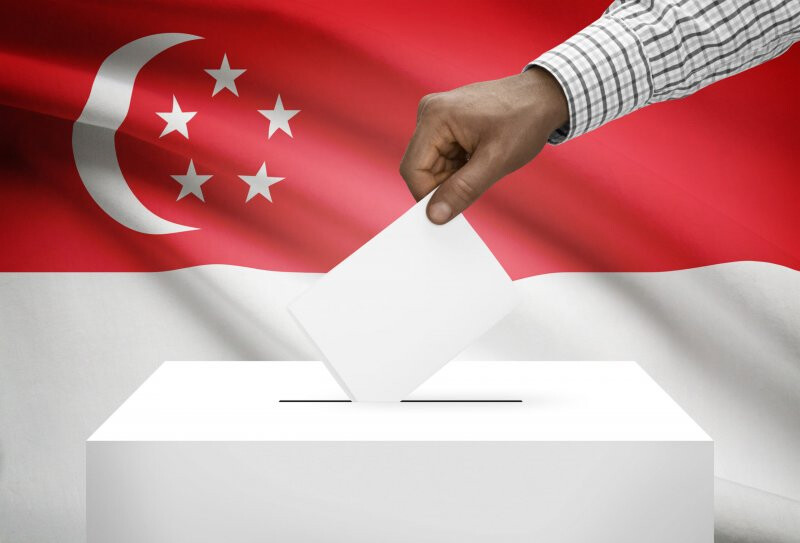
Singapore will hold its general election on May 3rd. This election is expected to be the first electoral test for newly appointed Prime Minister Lawrence Wong, who took office last year. During the short nine-day campaign period, Singaporean voters are expected to focus on various issues such as rising living costs, housing problems, jobs, and the increasing medical needs of an aging society.
The ruling People's Action Party (PAP) is widely expected to secure a landslide victory in this election. The PAP has won every election since Singapore gained self-governance from Britain in 1959. In the 2020 general election, the opposition Workers' Party secured 10 seats, marking the largest victory for the opposition in Singapore's post-independence history. However, the PAP's overwhelming dominance is still anticipated. The upcoming election will see competition for a total of 97 parliamentary seats.
In the 2020 general election, the PAP won 83 out of 93 seats, but they are aiming for an even stronger victory this time. The results of the previous election were considered a kind of "bitter pill" for the PAP. According to a Reuters report citing data from pollster YouGov, among 1,845 Singaporeans surveyed in March, 44% had decided on their preferred candidates, with 63% supporting the ruling party and 15% supporting the main opposition Workers' Party.
This election is seen as the first real test for Prime Minister Lawrence Wong, who succeeded former Prime Minister Lee Hsien Loong last year. In February, Wong presented his first budget since taking office, outlining various tax rebates, subsidies, and sector-specific support measures to alleviate cost-of-living pressures. Some analysts evaluated this as a "feel-good" budget ahead of the election, interpreting it as a strategy to appease public sentiment.
Since gaining independence in 1965, Singapore has had only four prime ministers, all from the PAP. The first was Lee Kuan Yew, known as the "founding father of Singapore," who led the country for 25 years. While the PAP has dominated Singapore's political landscape, it was hit by a series of scandals in 2020, including the arrest of a senior minister for corruption and the resignations of two members of parliament due to extramarital affairs.
Singapore's 2.75 million eligible voters are required to participate in the election. Singapore's electoral system is similar to the UK's first-past-the-post system, but with some key differences that disadvantage the opposition. Members of parliament compete in constituencies of varying sizes, with larger constituencies represented by Group Representation Constituencies (GRCs), which are teams of up to five members rather than individual MPs. The GRC system was introduced in 1988 to ensure representation for minority groups in predominantly Chinese Singapore.
However, until recent years, opposition parties lacked the resources to field sufficiently skilled and experienced candidates to compete in these large constituencies. Candidates must deposit a S$13,500 (approximately US$9,700 or £7,700) deposit to run for election, which is only refunded if they secure more than one-eighth of the total votes. Additionally, constituency boundaries are frequently redrawn to reflect population growth, which the opposition alleges is done without transparency and amounts to gerrymandering, a claim the government denies.
[Copyright (c) Global Economic Times. All Rights Reserved.]




























